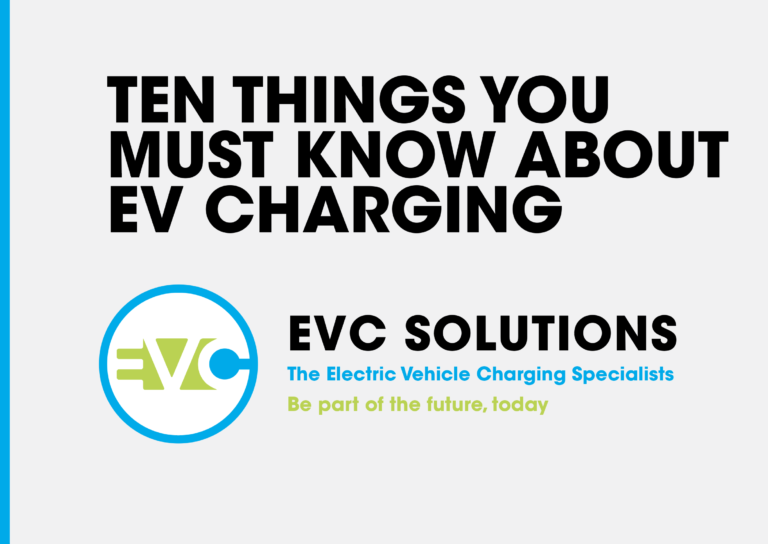As the shift towards sustainable transportation accelerates, understanding electric vehicles (EVs) and their charging infrastructure will become more important to all of us. Whether you're an EV enthusiast, a potential buyer, or simply curious, we've listed the different types of EVs and the nuances of their charging systems. From the fully electric BEVs to the intricate connectors of charging stations, we dive in to equip you with the knowledge to navigate the future of your cars.
BATTERY ELECTRIC VEHICLE (BEV)
A vehicle that operates solely on electricity. Known as a pure-electric vehicle or EV, it uses an internal battery to power an electric motor that propels the car, emitting zero exhaust fumes.
PLUG-IN HYBRID ELECTRIC VEHICLE (PHEV)
Vehicles blending a battery, electric motor, and an internal combustion engine (ICE). They can function on the electric motor, ICE, or a combination of both. Typically PHEVs offer an electric-only distance of roughly 50 miles; once the battery is exhausted, it switches to hybrid mode, avoiding BEV range constraints. For optimal efficiency, frequent charging is advised; otherwise, operating costs could surpass traditional petrol or diesel cars.
RANGE
Defines the furthest distance an EV can cover on a full charge, as determined by WLTP (Worldwide harmonised Light vehicles Test Procedure) testing. This can vary depending on climate, weight of car, journey type, AC use and more.
KW
A unit indicating power consumption, the kilowatt (kW) in the context of EVs denotes the peak speed of a charging station.
KWH
Expresses the energy an EV consumes. While traditional vehicles use miles per gallon (mpg) to indicate efficiency, EVs apply miles/kWh or kWh/100 miles. kWh also denotes battery size.
TYPE 2
A prevalent AC charging connector allowing charging up to 43kW. Predominantly found in home chargers, which often max out at 7.1kW. This is much lower if using a standard 3-pin plug.
CCS
The combined charging system (CCS) is designated for swift and ultra-swift DC charging, currently supporting speeds up to 350kW.
CHADEMO
A connector type utilised by select vehicles, like the Nissan Leaf, for DC charging, capable of speeds reaching 100kW.
SLOW CHARGER
Refers to charging stations with a 3.6kW rating.
FAST CHARGERS
Constituting over half of the UK's charging infrastructure, they predominantly have a 7.1kW capacity, though 22kW versions exist.
RAPID/ULTRA-RAPID CHARGERS
Offering the quickest EV charging experience. Rapids range from 43kW to 50kW, while ultra-rapids can provide 100kW, 150kW, or up to 350kW.

Send download link to:
